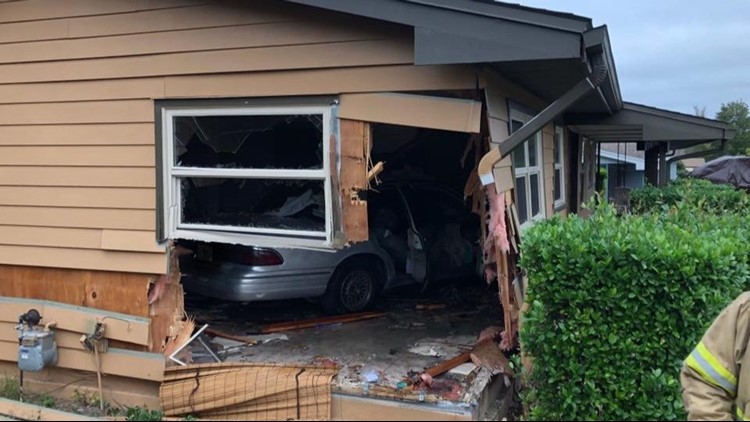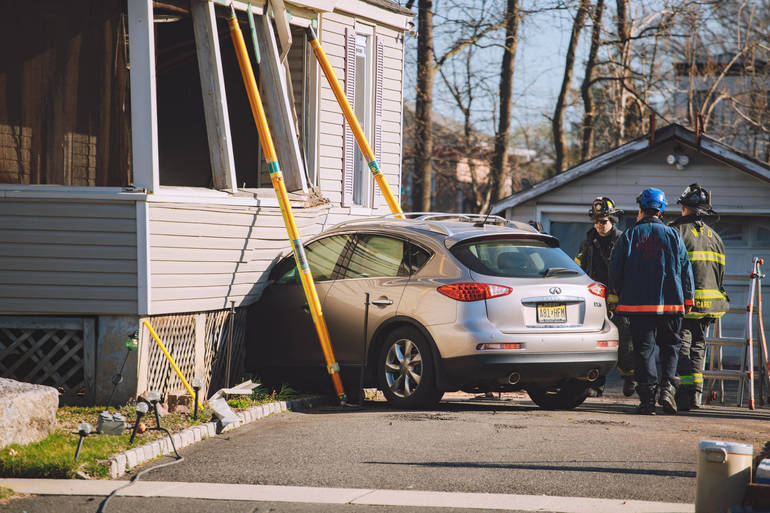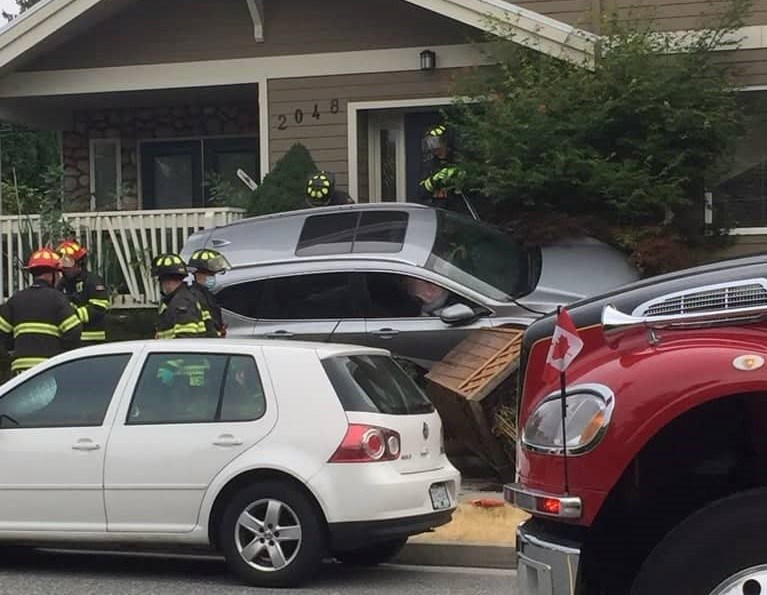If a car crashes into your house, who pays for the damage depends on a few things. Usually, the driver’s car insurance should cover it. Your homeowner’s insurance might help too. If the crash is the driver’s fault, their insurance pays. But if it’s your house’s fault, your insurance might have to pay.
Sometimes, there are legal steps needed, especially if the driver doesn’t have insurance or there’s a disagreement about who’s to blame. Remember, it’s important to tell your insurance company right away to start fixing things.
What Determines Responsibility in Car-House Collisions?

Responsibility in car-house collisions hinges on several key factors. Foremost among these is negligence, encompassing behaviors like reckless driving, speeding, or distracted driving. The issue of right of way is also critical; failure to yield when required can establish fault. Additionally, visibility and environmental conditions, such as poor weather or obstructed views, can impact liability.
Property damage, both to the car and the house, serves as tangible evidence in assessing responsibility. Eyewitness testimony and police reports offer valuable insights into the events leading up to the collision and any violations of traffic laws. Insurance investigations play a pivotal role, delving into the circumstances and evaluating liability.
Lastly, local laws and regulations may influence the determination of responsibility, adding another layer of complexity to the process. Overall, these factors collectively inform the assessment of liability in car-house collisions, often resulting in shared responsibility between multiple parties.
How to Determine Who Pays for Damages?

Determining who pays for damages in a car-house collision typically involves several steps and considerations:
Insurance Coverage
In most cases, the responsible party’s insurance will cover the damages. Both the car owner’s auto insurance and the homeowner’s insurance may come into play, depending on the circumstances.
Liability Assessment
Insurance companies will investigate the accident to determine who was at fault. This assessment considers factors such as negligence, right of way, and any relevant laws or regulations.
Policy Limits
The amount of coverage available under each party’s insurance policy is crucial. If the damages exceed the policy limits, the responsible party may be personally liable for the remaining costs.
Negotiation
Insurance companies may negotiate among themselves to determine the allocation of responsibility and payment for damages.
This negotiation process can involve discussions of liability and the extent of coverage.
Legal Proceedings
If a resolution cannot be reached through negotiation, legal action may be necessary. This could involve filing a lawsuit to determine liability and seek compensation for damages.
Settlement
In many cases, parties may reach a settlement agreement without going to court. This agreement outlines the terms of compensation and may involve a lump-sum payment or installment plan.
Ultimately, the determination of who pays for damages depends on the specific circumstances of the collision, the insurance coverage available, and any negotiations or legal proceedings that follow.
What Steps Should I Take After a Car Hits My House?

If a car hits your house, make sure everyone is safe first. Call for help if needed and stay away from any dangers like broken glass or gas leaks. Tell the police what happened and take pictures of the damage. Exchange information with the driver and let your home insurance company know what happened.
Check if anyone is hurt and get help if they are. Fix any damage to your house to keep it safe. Stay in touch with your insurance company and maybe talk to a lawyer if you need help. These steps will help you deal with a car hitting your house safely and calmly.
Final Words
It’s really important to know about the long black bugs in your house. By learning how to spot them and understanding the problems they can cause, you can stop them from becoming a big issue.
Just make sure to keep your home clean, seal up any holes, and ask for help if you need it. Doing these things will help you keep your home bug-free and safe for everyone.
